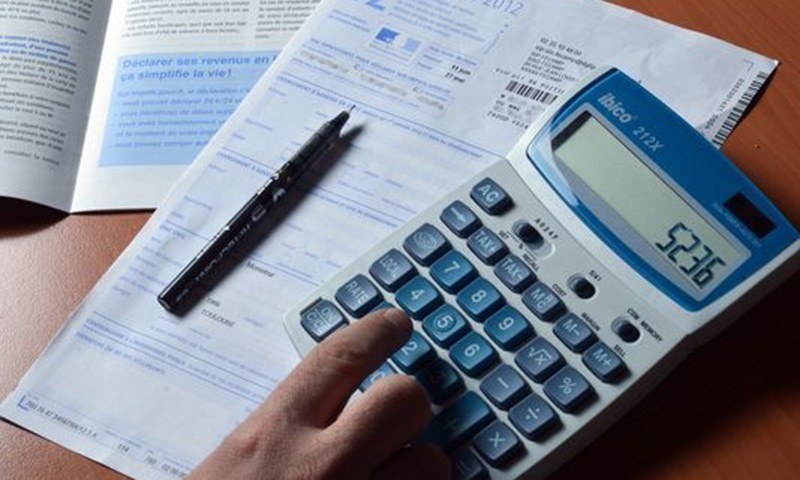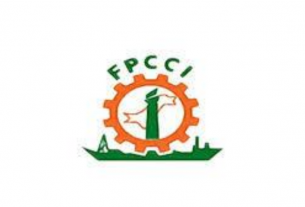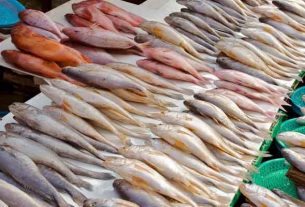- Two-tier rate proposed for Rs230bn revenue yield
- Govt mulls integrated sales tax
- Critical SRO1125 on the chopping block
ISLAMABAD: The government is fine-tuning proposals to impose general sales tax on several products and withdraw exemptions on many sectors as it moves to put in place one of the most ambitious revenue plans of recent times.
The plan also proposes substantial increases in the revenue yield of the GST to be achieved by simplifying the tax rates. At present, there are 272 tax rates in the current law. This plethora of tax rates create horizontal inequities as some taxpayers pay the normal rate (17pc) on their sales, while others pay lower rates. The plan aims to bring this number down to 2.
The total revenue yield that they are looking to get from adjustments in the sales tax alone is in the order or Rs509 billion. The rest of the amount comes from adjustment of tax rates.
The plan aims to reduce number of GST rates consistent with international best practices to enhance revenue yield of the GST, simplify compliance and increase its self-enforcement mechanism thus reducing the administrative costs of enforcing the tax, according to the revenue plan available with Dawn. The proposed measures will be considered and finalised in the next few days.
Under the plan, it has been proposed to impose 7 per cent sales tax on several products in the budget for FY20 currently exempted from sales tax under SRO1125. The FBR expects to collect up to Rs88bn from this measure next year.
The exemptions claimed under SRO1125 cause a revenue loss of Rs150bn to the exchequer. The FBR officials believe that this facility, which is exclusively meant for manufacturers, was being misused by commercial importers.
Moreover, the plan proposes another 7pc sales tax on milk, cream butter, vegetable oil, coffee, tea, electrical energy, miscellaneous electrical machinery, meat and miscellaneous chemicals in the upcoming budget. This is expected to raise around Rs211bn in revenue for the government in 2019-20.
These products are currently exempted from sales tax due to their placement in the Sixth Schedule, Table 1 of the Sales Tax Act. The forthcoming budget might aim to change that.
Similarly, the plan also calls for 7pc sales tax on poultry, vegetable oil, cotton and cotton waste in the upcoming budget. This measure is expected to bring in around Rs56bn in revenue.
The government is also working on a strategy to improve enforcement especially in three sectors to plug in revenue leakages. Under the plan, it has been proposed to raise additional sales tax revenue of Rs16bn from sugar, Rs4bn from cement and Rs3bn from steel sectors, respectively.
As a result, the effective tax rate for GST in FY19, is estimated to range from a low of 7.25pc to 12.6pc.
Adoption of a two-tier GST is expected to dramatically simplify compliance and administration with the GST structure, according to the FBR sources, and increase the self-enforcing feature of the credit-invoice system, and increase the revenue yield.
As per estimates, the adoption of a two tier GST model will help the government to raise additional revenue of Rs230bn in the first year alone. But an FBR official said it was not yet decided in how many years this two-tier GST model will be completed. Initially, it was planned for three years. The net potential of sales tax at 17pc is estimated at Rs1,900bn.
Similarly, the improvement in effective rates from 2.66pc to 3.5pc will raise additional amount of Rs10bn for the government.
Another tax policy design challenge is related with the multiplicity of taxes and rates, and jurisdictional overlaps, which increases compliance and administrative costs, as well as opening opportunities for rent-seeking. The implementation of GST in current form has led to the issue of double taxation and potential tax conflicts.
Pakistan’s GST system makes it difficult to generate full information on all aspects of the value chain, as per FBR assessments, which is critical in eventually removing all taxation from exports, and for reducing the costs of doing business. A proper role for the VAT is in generating information to prevent the evasion of income taxes.
According to FBR officials, a strategic review of tax assignment and its incentive compatibility will be carried out. This will involve a detailed analysis of the current practice of the provincial governments taxing agricultural income and levying GST on services and moving to a unified tax on income and sales taxes.
If the federal government is to levy a proper GST on goods, then the government will have to consider whether the sales tax should be collected in unified form – sales and services as part of a single integrated tax – or continue with the current system where the federal government has the right to collect the tax on goods and the provincial governments collect it on services. The comparison of the two approaches and the necessary administrative steps will be adequately evaluated, one official told Dawn on condition that his name not be used.
Similarly, an analysis of the general income tax collection by the FBR and taxation of agricultural income by the provinces will bring out the challenges posed by the current arrangement.
An analysis of both tax regimes — income tax and GST — should lay out all the options with a comparative analysis of the suitability of these options for Pakistan in particular, these options should be evaluated from the perspective of fiscal assignments within Pakistan’s federal system of government, the official added.



